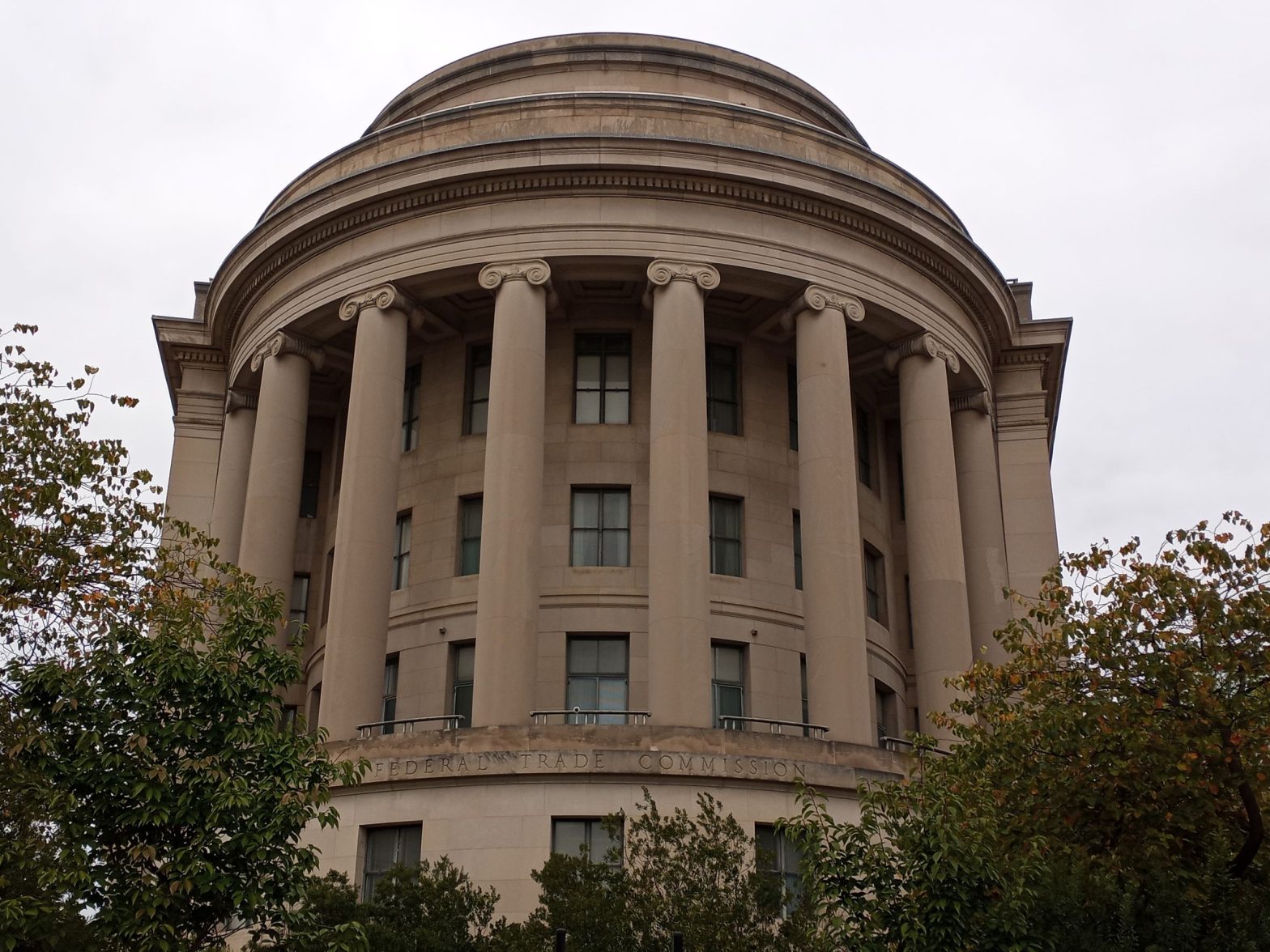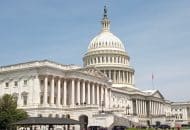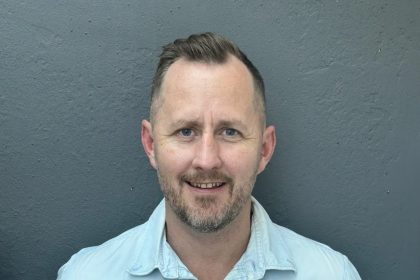Protect the Franchise Industry for Minority Business Owners
COMMENTARY

Minority-owned businesses are a quintessential component of our economy. Entrepreneurs from minority backgrounds generate almost $2 trillion in revenue each year and created 4.7 million jobs in the last 10 years.
There is still much room for growth and gaps to close, but minority businesses — big or small — have been undeniably important to building a robust American economy.
One industry that has been a reliable and constant avenue for success for these folks is the franchise industry, as 30.8% of franchise businesses are minority-owned. These businesses serve countless Americans across the country with everyday products and services. With enough capital and a healthy relationship with the franchising brand, owning franchise locations can help these individuals achieve the American dream.
Of course, the franchise industry is far from perfect. Balancing the franchisor-franchisee dynamic will always have its challenges, and both sides need to make sure the partnership is a mutually beneficial one. Recent examples in this sector show how heavy-handed actions from a franchisor can threaten this fruitful business model for minority entrepreneurs.
Last November, a Burger King franchisee in Florida sued the brand for forcefully closing its locations due to the former refusing to fulfill the franchisor’s unfair demands. Another Burger King franchisee named Guillermo Perales, who owns locations in multiple states, sued the franchise for “bullying” him to sell his stores and terminating their franchise agreement.
Burger King is just one of several brands under Restaurant Brands International — owned by the private equity firm 3G Capital — that franchisees have suffered from. RBI has also mistreated franchisees under their two other brands, Popeyes and Tim Hortons, with acts of corporate overreach like blocking the expansion of the businesses with additional locations and price gouging them for ingredients and supplies.
The franchisor-franchisee system is meant to be a give-and-take partnership, not a hierarchy, between these two parties.
The franchisor provides a tested business plan to franchisees to operate these stores, and in return, franchisees, often folks of minority backgrounds, run these locations under the brand’s name. This equal relationship is exactly what has allowed these individuals to pull themselves up to a better life for their families. What a franchisor should not be doing is trying to squeeze as much money from its own franchisees and skewing this relationship.
Heavy-handed franchisors like RBI threaten to corrupt this business model and undermine the few opportunities of upward mobility afforded to minority business owners. With more and more private equity firms like 3G Capital becoming involved, the industry is becoming less about the products and the people and more about the bottom lines. Before we know it, this industry could start to benefit only large franchisors at the expense of their own franchisees, who are really just small business owners trying to make it.
If the Biden administration is serious about protecting and creating jobs and businesses for Americans of all backgrounds, then all relevant agencies, especially the Department of Commerce and the Federal Trade Commission, should pay more attention to this brewing issue of abusive franchisor-franchisee engagements.
In fact, the FTC under Chairwoman Lina Khan has already begun its investigations into this dangerous dynamic and should double down on its ongoing efforts. Otherwise, the Biden administration risks speaking from both sides of its mouth during a crucial election year.
Henry Childs II is the founder and CEO of the Minority Wealth Commission. Prior to founding the Commission, Childs was the national director for the U.S. Department of Commerce Minority Business Development Agency. He also held positions as a senior advisor for the Economic Development Administration and as a policy advisor to the White House Office of Public Liaison. He worked closely with the White House Office of American Innovation on economic issues related to urban and underserved communities. Childs holds a Juris Doctorate from Saint Louis University School of Law and a graduate certificate in international and comparative law. He be reached on his website.
























